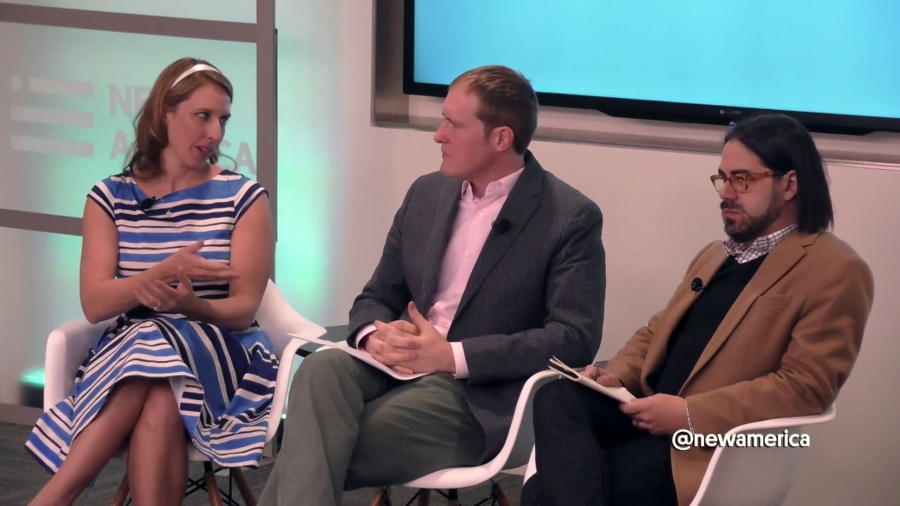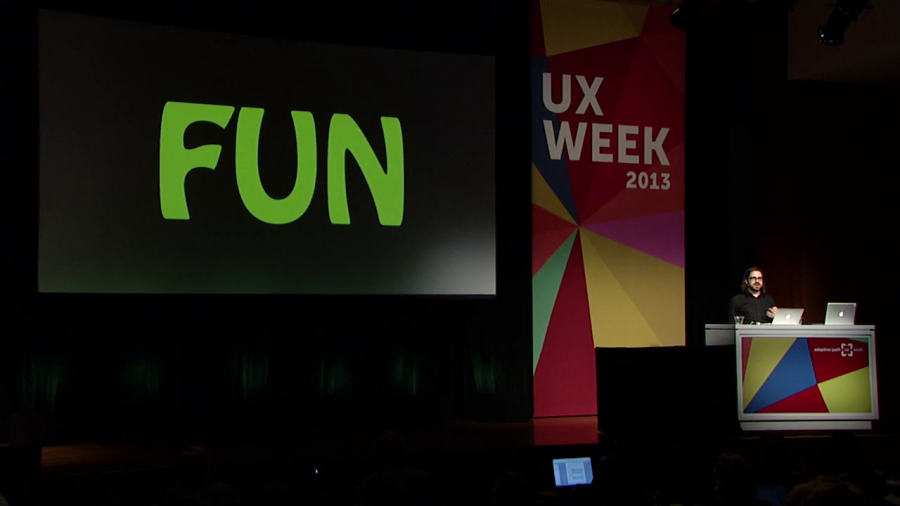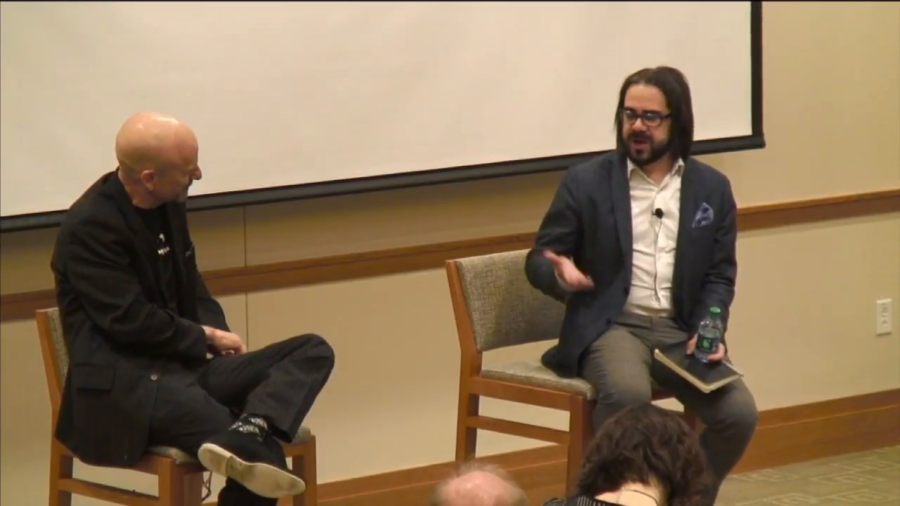In this moment that we’re in today with technology, where we’re I think shifting finally into a mode where it’s possible to be critical without getting sneered at, if we kind of look back at the…I don’t know, the optimistic aspirationalism that we’ve been using to encounter technology in the broadest sense, and we look back on those moments of the recent past or even the distant past, we can see how we knew how things were going to turn out, actually. We just weren’t paying them heed.
Ian Bogost

When I go talk about this, the thing that I tell people is that I’m not worried about algorithms taking over humanity, because they kind of suck at a lot of things, right. And we’re really not that good at a lot of things we do. But there are things that we’re good at. And so the example that I like to give is Amazon recommender systems. You all run into this on Netflix or Amazon, where they recommend stuff to you. And those algorithms are actually very similar to a lot of the sophisticated artificial intelligence we see now. It’s the same underneath.

Fun
in UX Week 2013
What if we arrive at fun not through expanding the circumstances that we’re in in order to make them less wretched, but actually by embracing the wretchedness of the circumstances themselves? What if, in a literal way, fun comes from impoverishment, from wretchedness?
But most interesting was just going bonkers with this data in “gonzo mode” and incorporating as much as possible: Viral Plague Sci-Fi Movies Based on Children’s Books Set in Europe for Ages 8 to 10; or First Love Slice of Life Musicals Set in Europe From the 19820s For Hopeless Romantics; Bounty-Hunter Fantasy Movies Based on Books About Cats.

